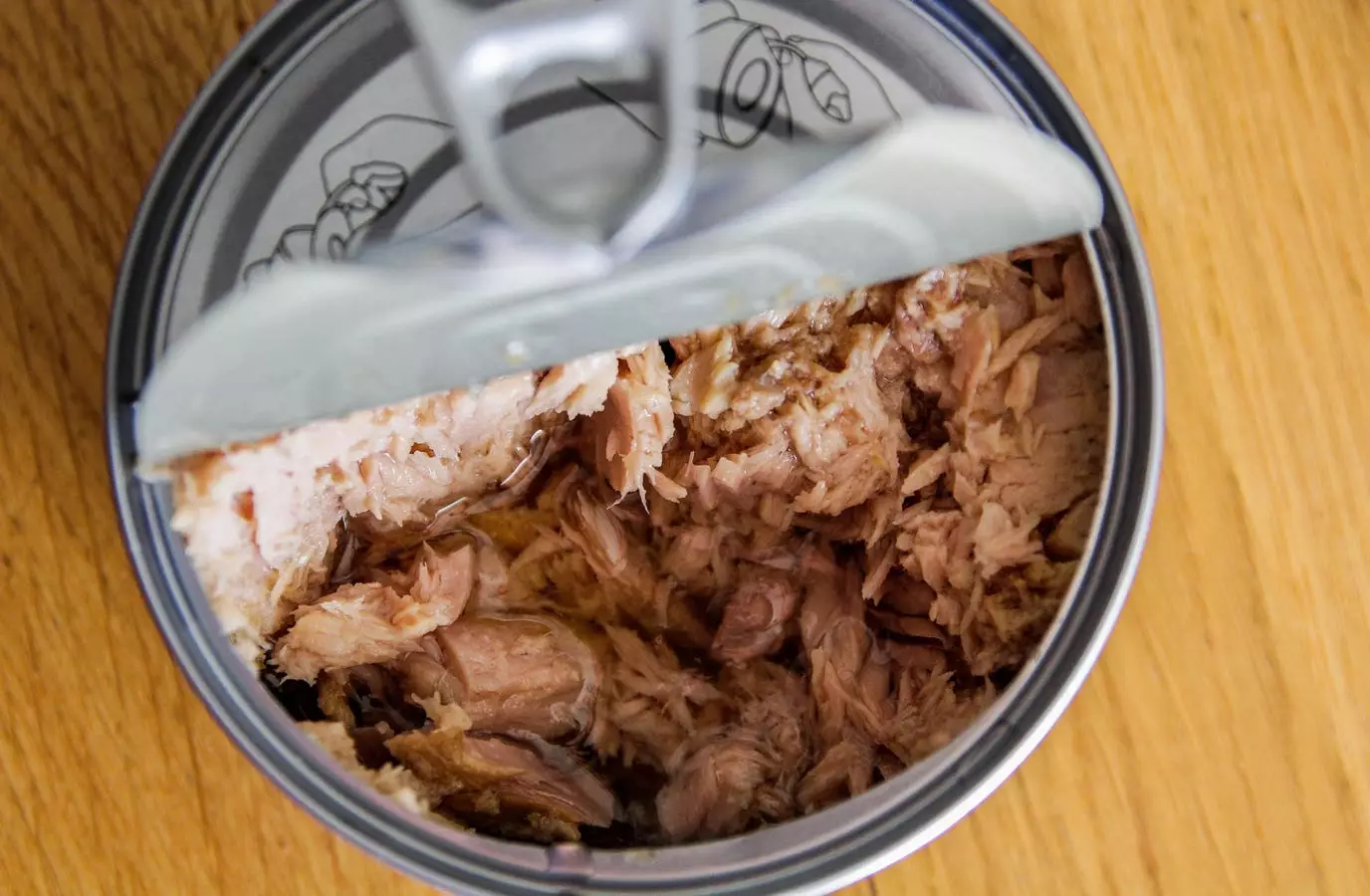It may seem as though food recalls are becoming a more frequent occurrence, and various factors contribute to this alarming trend. A notable recent example is the voluntary recall of certain canned tuna products, which serves as a warning sign regarding the broader issues of food safety and production standards. The recall was initiated by Tri-Union Seafoods, affecting well-known brands such as Costco’s canned goods, Genova, Van Camp’s, H-E-B, and Trader Joe’s. The primary concern lies with the potential presence of Clostridium botulinum—the bacterium responsible for botulism—resulting from faulty can seals. This incident has sparked discussions concerning the safety of canned seafood products and the implications for consumers.
The crux of the issue is rooted in a manufacturing defect involving the pull-tab lids of these tuna cans. The flawed lids risk compromising the seal, potentially facilitating bacterial growth over time. Even though no related illnesses have been reported at this time, the possibility of botulism—the most severe foodborne illness that often presents no visible signs—raises legitimate concerns among consumers and public health officials alike. The absence of obvious spoilage symptoms makes it extremely risky to consume any affected products; a can may look perfectly intact but still harbor deadly bacteria.
As highlighted in the recall notice, the affected products were distributed widely, spanning multiple states and major grocery chains, thereby increasing the urgency for consumers to check their pantries. The timeline for “Best By” dates extending into 2028 suggests that many products may remain on shelves longer than anticipated, compounding the risk associated with this recall.
Food recalls such as this canned tuna incident reveal much deeper implications regarding our food supply systems, especially concerning seafood. Seafood products are often sourced from diverse locations globally, making safety oversight a formidable challenge. Research underscores that while efforts are underway to improve sustainable seafood production, significant gaps remain in regulatory enforcement, particularly in regions like Asia and Africa. This lack of uniformity in safety standards fosters an environment where seafood can be produced and distributed with minimal oversight, thus jeopardizing consumer trust and safety.
The longer shelf life of canned goods introduces another layer of complexity. It means consumers may unwittingly purchase and consume defective products long after their original production date. As emphasized by findings from NOAA Fisheries, robust traceability measures—from the point of origin to the final sale—are essential for guaranteeing food safety and legality. However, multifaceted global supply chains often hinder effective traceability, allowing unregulated fishing practices to flourish.
For consumers who regularly purchase canned tuna, it is vital to remain vigilant following such recalls. The information on affected products, including specific can codes and associated UPC numbers, can be found on the FDA’s website or through the official recall notices. Checking these details before consumption is imperative, as relying solely on the product’s appearance can prove dangerous.
Should you discover affected canned tuna in your pantry, the recommended course of action is to refrain from consuming any suspect products. Instead, consumers should return them to their retailer for a full refund. Additionally, if any individuals have already consumed the recalled products and exhibit symptoms indicative of botulism poisoning—such as besiness breathing or muscle weakness—immediate medical attention is crucial, as botulism can escalate quickly and prove fatal.
The recent canned tuna recall serves as a stark reminder of the vulnerabilities in our food supply systems. While the occurrence of food recalls can be deeply unsettling, they also present an opportunity for the industry to enhance safety standards and foster greater transparency. With rising consumer awareness regarding the sourcing and production of food, the need for accountability has never been more pressing. As we navigate this complex landscape, the best approach is to remain informed and proactive in safeguarding our health and well-being. After all, the risks associated with foodborne illnesses remind us that what we don’t know can indeed hurt us.

